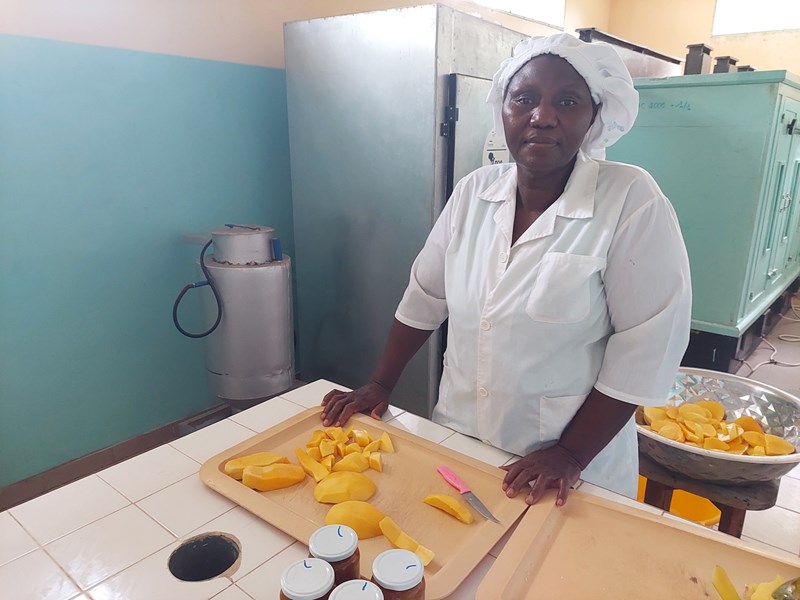Gender equality makes a sustainable business
Three indicators will monitor the gender gap through the BIO4Africa business development programme
Equal rights for women are a priority to unlock productivity and build tomorrow’s sustainable and competitive businesses in rural Africa. BIO4Africa partners have identified a set of key performance indicators to monitor gender equality through the business development programme.
The indicators shed light on property ownership, income and the ability to buy food and other essentials among the women who work in the rural enterprises selected for the programme. Together, they make a strong tool for measuring the impact of actions to reduce the gender gap.
Asking the right questions
“In Africa, it makes no sense to ask how many women are working in farm businesses, because women are strongly represented,” says Belarmino Rodriguez, director at BPE and programme lead.
“What we need to ask instead is whether they own the farms they are working on; whether they actually receive a salary; and whether they have enough spending capacity to cover their family’s needs. These are our key performance indicators.”
Data gathered through interviews and questionnaires show that just 15% of farm businesses have women owners and only 25% of women workers are paid a salary. A mere 20% say they have enough money for food, education, clothing and decent living conditions.
“Although these are only indications, they show our questions are on the right track,” Belarmino adds.
Good business sense
The BIO4Africa business development team has drawn inspiration from the World Bank Gender Strategy 2024-2030 and the studies the strategy builds on. These have consistently shown that economic productivity is improved, poverty reduced and wellbeing enhanced when gender barriers are removed.
Of the companies selected for the BIO4Africa programme, the Ethicajou cashew cooperative in Senegal is one example of why equal involvement of women in the boardroom is a business asset. Thanks to its sustainable business model, Ethicajou has established a successful export business in Europe as a result.
BIO4Africa aims to help more women entrepreneurs make the best use of their skills by strengthening their market foothold.
“A typical barrier faced by companies led by women is that male-dominated suppliers and distributors refuse to collaborate with them. The only help they can get is from an NGO or national institution. This keeps them in the social business sector and out of the main market.” Belarmino explains.
Better jobs for women
Encouraging the companies to maintain continuous sales is another programme objective. That way, they can provide salaries all year round and not just during the harvest – vital for the many women workers who currently receive little or no pay, leaving them with few rights and a tiny income to meet basic needs.
“We want to guarantee human capital by helping workers and employers establish a more sustainable working relationship. We also want to track whether women’s incomes are increased during the programme and what they are then able to spend the money on.”
Belarmino will continue monitoring the indicators until the end of the year. As business development programme lead, he plans to deliver a progress report on gender equality in January 2025.
The BIO4Africa partners supporting the programme are BPE, iHUB, INP-HB, EAFF, AATF, KRC, AFAAS, UASZ, ASAPID and CTA.
DID YOU KNOW…
89% of women work in the informal economy in Sub-Saharan Africa. This includes seasonal and subsistence farmers, industrial outworkers, street vendors, domestic workers, street vendors, and petty goods and service traders. Source: UN
